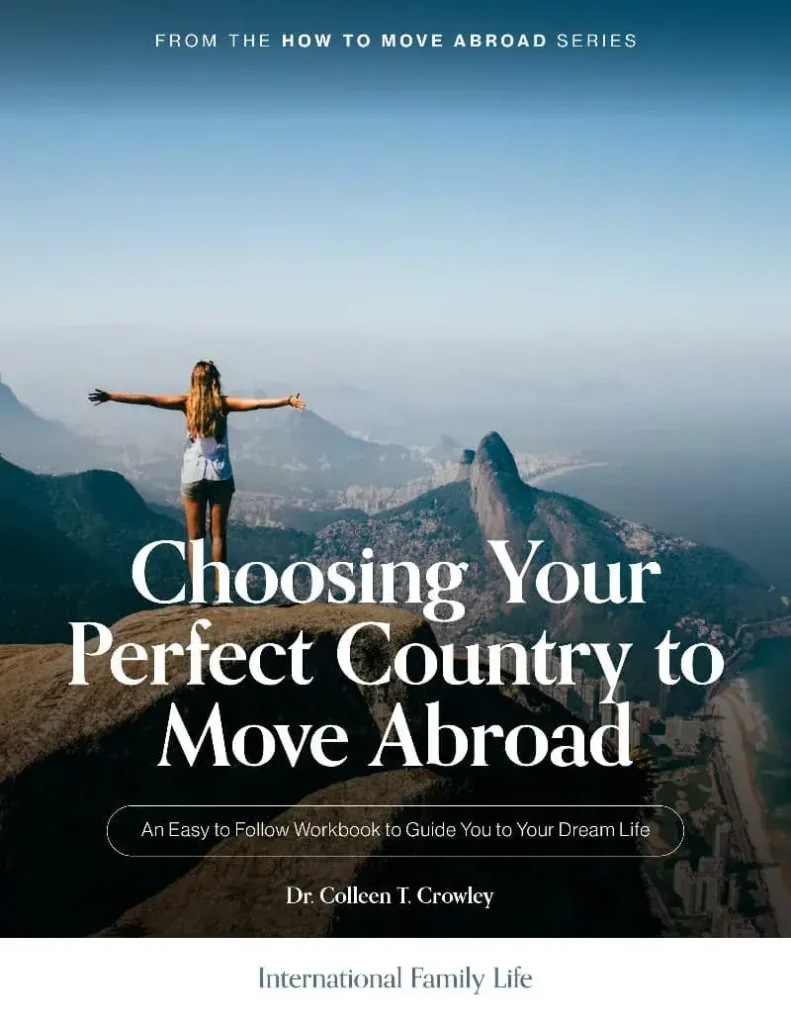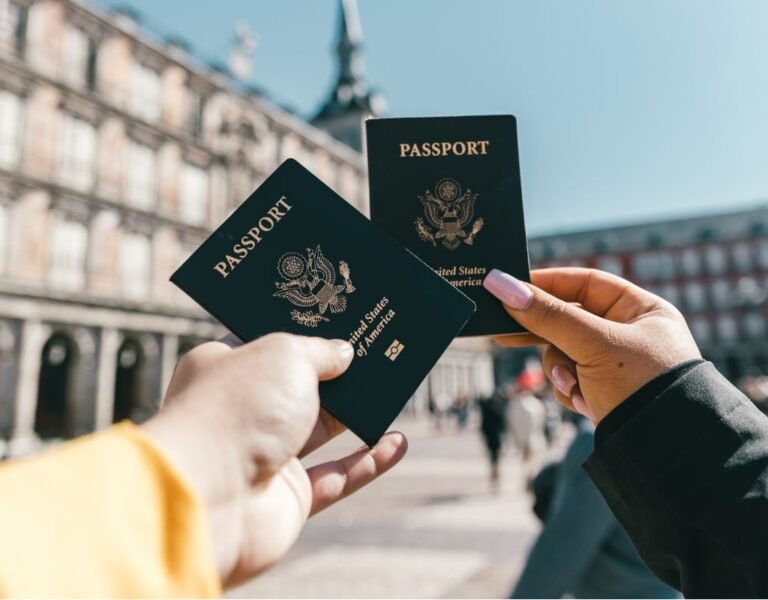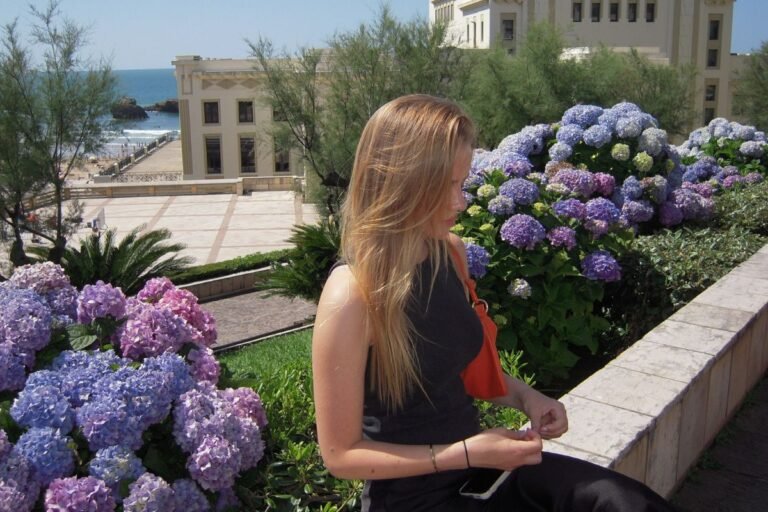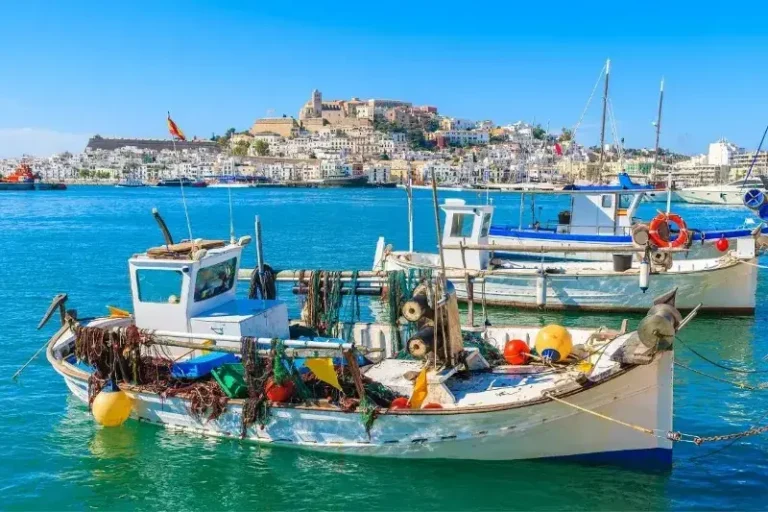Is it Safe to Live in Panama In 2025?
|
Are the beaches, cuisine, and culture of Panama calling your name? If so, you’re not alone! Gorgeous landscapes, fantastic residency options, and fun activities are only a few of the things that make this Central American country an attractive place to settle. But moving overseas brings insecurities with it. Is Panama safe to live in?
The short answer is yes. Although nowhere is risk free, according to International Living’s Expat Insider 2024 report, 9 out of 10 expats feel safe here. Those are great numbers, especially considering that over 25,000 Americans call Panama home, not to mention the number of expats from other countries.
Naturally, there is crime in Panama, and some locations (such as the notorious Darien Gap) should be avoided at all costs. The most common crime in Panama is petty theft, such as pickpocketing. Although violent crimes occur, they typically do not affect expats or tourists. It’s always a good idea to follow safety tips and take precautions. But it’s good to know that Panama is proactively fighting crime and working to improve safety through robust police training, a strong police presence, and technological advancements.
Let’s examine this Latin American country’s safety situation in more detail so you can make an informed choice about living there. Don’t miss the safety tips and the list of safest places to live.
This post may contain affiliate links. If you purchase through these links, we may earn a small commission at no extra cost to you. You can find more information in our disclaimer.
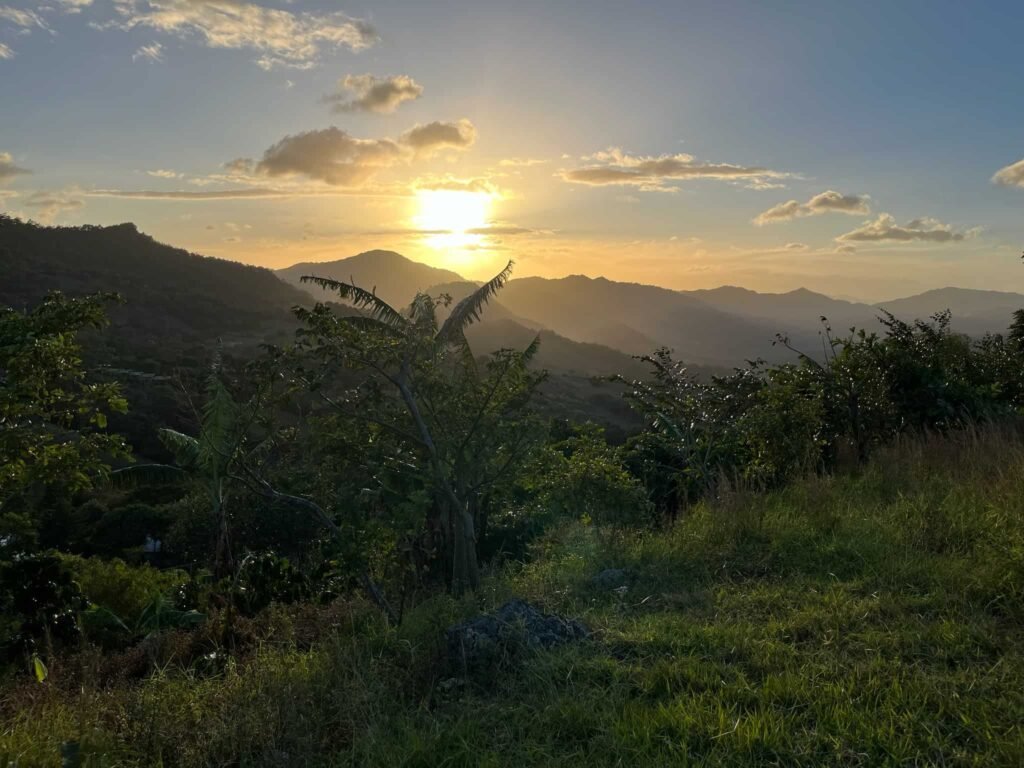
Is Panama Safe to Live In?
Panama is one of the safest countries in Central America. It is politically and economically stable with moderate crime rates, a strong commitment to public safety, and tight-knit communities that help prevent crime.
👉🏻 Panama Crime Rates
The most common crimes in Panama are pickpocketing, robbery, purse snatching, and theft from automobiles. Violent crimes do occur, but are infrequent and usually do not affect expats or tourists.
Crime rates have been decreasing over the past few years thanks to the government’s robust efforts to improve safety. We’ll talk about that next.
Numbeo’s 2024 data shows a crime index of 42.3 and a safety index over ten points higher than Costa Rica’s, sliding in at 57.3 rather than 46.
👉🏻 Public Safety Measures in Place in Panama
In recent years, Panama has implemented increased security measures to improve public safety and decrease crime. Many of its most concerted efforts have focused on areas frequented by tourists and expats, such as Panama City, Coronado Beach, and Boquete.
Increased Police Presence
One of the largest initiatives has been to increase police presence in public places. You’ll likely notice plenty of officers on foot, in patrol cars, on bicycles, and sometimes even on ATVs, especially in tourist areas, malls, beaches, and Panama City’s Casco Viejo and Financial District. These officers act as a visible deterrent to potential criminals and help both visitors and residents feel safe.
Additionally, the police in Panama do their best to be accessible and friendly. They often engage with the community, answer questions, and assist tourists. This builds trust and helps deter criminal activity.
Improved Security Measures
Panama has also installed security cameras, additional lighting, and emergency call stations in tourist hotspots, public areas, and busy urban centers. The cameras help police monitor these areas and identify suspicious behavior. The lighting makes it harder for criminals to hide, while the emergency call stations ensure a quicker police response in an emergency.
Safety Education
Safety education has also increased in recent years, with police officers teaching locals, expats, and tourists how best to protect themselves through common-sense safety precautions. Specialized tourist police units work to ensure the safety of tourists in particular. They are often bilingual, and are trained to offer assistance.
Collaboration
Panama collaborates with private security companies in the country, with its Central American neighbors, and with European and North American nations to improve its security and prevent drug trafficking and violent crimes. Spain, France, and the U.S. offer training and tools to improve the skills of Panamanian police officers.
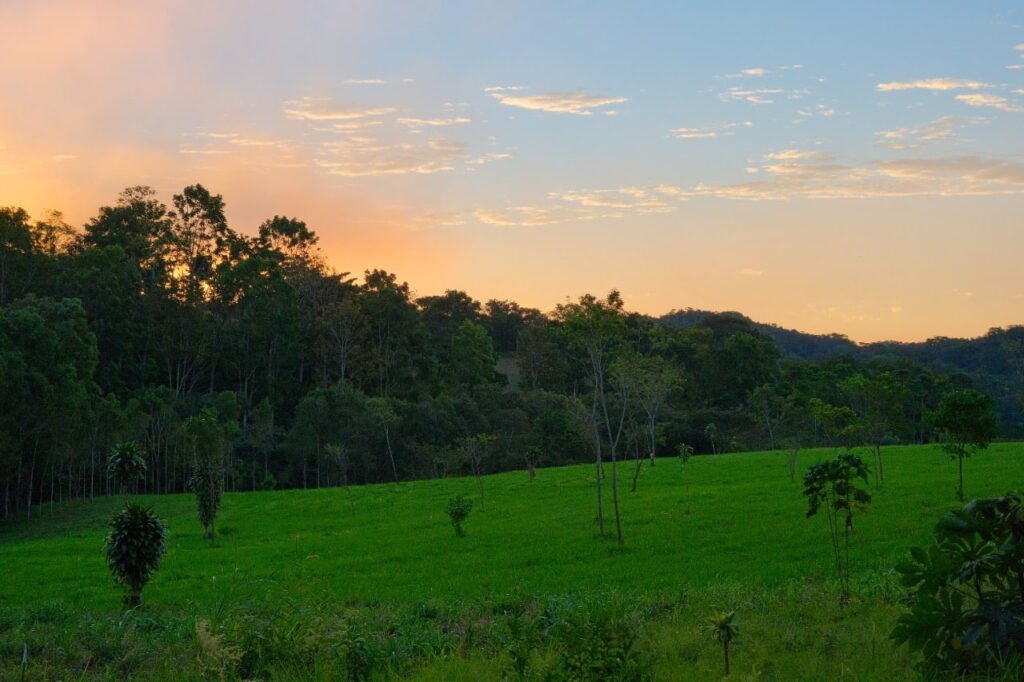
Avoid These Places in Panama
As with any country or city, certain areas are hotspots for crime. Panama is no exception. Let’s go into the regions, cities, and neighborhoods you should avoid. Keep in mind this is not an exhaustive list, and it’s a good idea to do your own research.
👎🏻 The Darién Gap
The Darien Gap is a southern region of Panama infamous for its rugged landscapes and high levels of crime. It is a lawless area that stretches to the Colombian border and is ruled by drug and human traffickers. Kidnappings, murders, disappearances, mysterious deaths, and armed robberies aren’t uncommon here.
This perilous region includes all areas south of Yaviza, where the Pan American Highway ends, including the cities of Jaque, Lajas Blancas, El Salto, and Darién National Park.
👎🏻 The Mosquito Gulf
United States and Australian travel advisories warn against visiting the Mosquito Gulf, a region of northern Panama that stretches from the Valiente Peninsula past Veraguas to the province of Colón. Don’t confuse this with the Mosquito Coast of Honduras and Nicaragua.
The U.S. Travel Advisory recommends not traveling anywhere within ten miles of the coast in this region.
👎🏻 Colón
This Panamanian city has a bad rap for its high crime rate, regardless of the time of day, so it may be best to avoid it altogether.
👎🏻 Bastimentos Island
This island is part of the Bocas del Toro Archipelago (one of Panama’s tourist attractions). Unfortunately, attacks, muggings, and rape have occurred here, so it is best to avoid it. Opt for Isla Colon or Isla Caranero instead. The former has a police station and the latter a strong local community.
👎🏻 Certain Neighborhoods in Panama City
According to World Nomads, it’s a good idea to avoid El Chorillo, San Miguelito, and Calidonia in Panama City, especially after dark. You should also watch out for pickpockets in busy and crowded areas such as the Avenida Central and bus stations.
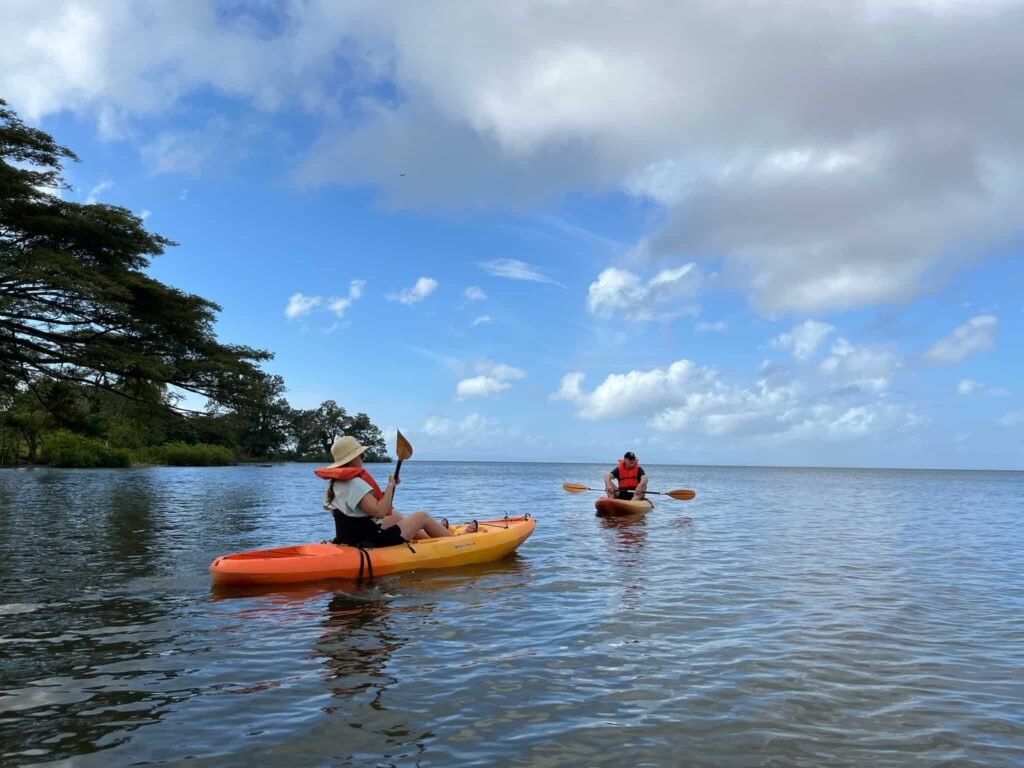
Panama Safety Tips
Follow these safety tips to ensure you have the best possible experience living in Panama.
📌 Make Use of Tourist Centers
Panama has tourist centers in most of the major tourist hubs including Panama City, Boquete, and Bocas del Toro. These centers are designed to offer visitors information, educate them on safe travel practices, and provide them with emergency support.
These can be helpful when you first arrive in Panama.
For example, you can visit tourist centers to obtain regional maps, learn about what places to visit, discover how best to stay safe, and find out about local laws*. You can also ask for directions and request help with transportation. If you have an emergency, the staff are trained to provide assistance.
The centers are staffed by people who speak multiple languages.
*In order to avoid any legal issues or uncomfortable misunderstandings, it’s important to familiarize yourself with the local laws in Panama. We’ll cover some of them here.
📌 Use Uber Rather Than Taxis
If you don’t have your own transportation, this section is for you. Taxis in Panama City aren’t the safest option. They drive crazy fast, take on multiple passengers heading in similar directions, are unmetered, and may not have seatbelts. Some travelers have been assaulted or robbed in unofficial taxis.
Instead, use ride-share services like Uber, or taxis provided by your hotel. If you do use a taxi, confirm the fare in advance and ask the driver not to pick up additional people while you’re on board.
📌 Carry Your Documents
Always carry your photo ID, such as a certified copy of your passport. This is required by law.
📌 Abide By Curfew
If you’re under 18, abide by Panama City curfews. These are put in place to prevent rising crime rates in certain areas.
📌 Be Careful What You Photograph
Do not take photos of official buildings. It is illegal. If you aren’t sure, ask a public official or police officer. Ask permission before taking pictures of anyone, especially children, indigenous, people, and women.
📌 Don’t Get Involved in Politics or Demonstrations
Do not join political protests. It is illegal for foreigners to participate.
📌 Follow Traffic Laws
If you’re in a traffic accident, you must wait with your vehicle until the traffic police come. Stop at police checkpoints when requested and do not attempt to bribe police officers.
📌 Avoid Drugs and Alcohol at All Costs
Panama is a corridor for drug trafficking, so the laws against it are severe.
Do not use or carry illegal drugs. You may be arrested and imprisoned, even if you are only in the company of someone using drugs.
Do not consume alcohol in publicly prohibited areas as you may be arrested for it.
Do not drive under the influence of drugs or alcohol. You will be arrested and potentially detained. As one expat put it, “If you are stopped and the officer can smell alcohol on your breath, you are guilty and will receive a $250 fine… the legal limit is zero.”
📌 Practice Situational Awareness
Staying aware of your surroundings is worth making a habit. Not only will this help you avoid pickpockets, but it can also alert you if something in the area doesn’t feel right. Trust your gut! If you feel uncomfortable, find a safer place to be.
At home, pay attention to what is happening in your neighborhood.
📌 Blend In and Avoid Flaunting Wealth
We all get turned around sometimes but try not to stand out like a lost tourist. Consider dressing like locals to avoid drawing attention to yourself.
When you’re out and about, avoid wearing expensive jewelry and watches, and don’t flaunt expensive electronics, other valuables, and wads of cash. Smartphones are often a target, so keep them close. Don’t put phones or your wallet into your back pocket.
At home, avoid showing off what you have to neighbors, gardeners, housekeepers, and others who could scope out your place and sell the information to a burglar.
📌 Keep Your Possessions Secured
When you’re in public places, keep your belongings close. Don’t carry too much cash, and make sure you use bags that close securely. You may even want to use locks on your bags. Don’t leave your stuff unattended in public places. In crowded areas, consider wearing your backpack in front of you.
Hide your passport, documents, and extra money in a safe place, but not in a safe. That will only advertise that you have things worth stealing. Common places burglars look for valuables and hidden drugs include the toilet tank, the freezer, drawers, closets, desks, and jewelry boxes.
Consider getting a book on how to hide things creatively, but don’t forget where you’ve put them. Consider keeping a list or cheat sheet in a password management system like Bitwarden.
📌 Deter Criminals From Your Home
If you are renting in Panama, one of the first things you should do is pay for a trusted locksmith to change all of the locks. You may also want to hire a security consultant to review your home for potential issues that can be hard for newcomers to identify.
To deter criminals, make your house look secure and too risky or hard to break into. Some ways to do this include installing security cameras, motion sensor lights, and sirens, and keeping a barking dog in the yard.
If you hear someone breaking in, making a ruckus is a good way to drive them off. Sound a boat horn to alert the neighborhood, then take a pre-planned escape route to leave your home safely. Do not attempt to defend your home.
Discover more safety tips from Alto Al Crimen.
📌 Be Careful When Using ATMS
It is best to only use ATMS inside shopping centers or banks. Avoid using them at night, but if you must, choose one inside a safe, well-lit location.
📌 Pay for a Helpline
One way expats in Panama keep each other safe is through helplines. They offer expert support and translation services during medical and safety emergencies.
Expats have used the helpline when they’ve gotten a flat tire at night, in the aftermath of a home invasion, to deal with police after a robbery, when their husband had a heart attack, and even to get their water reconnected.
Rodny’s Direct helpline operates in Boquete and is an excellent service that has supported many expats in their time of need.
The Panama Helpline offers advocacy services, country-wide towing services, and emergency helpline coverage from Chamé in the East, to Penonomé in the West, including the communities of Altos Del Maria and El Valle.
📌 Be Prepared For Emergencies
It’s always a good idea to know who to call if you have a problem. The hotlines we mentioned above are your best bet, but also keep the following information on hand in case of an emergency:
- The location of your embassy or consulate in Panama
- Your health insurance documents
- Phone numbers and contacts of family and friends
- For medical emergencies or fire and rescue services, call 911.
- For police, call 104.
Stay up to date with your government’s travel advisories and consider registering with your embassy.

Safest Places To Live In Panama
As one expat puts it, living in Panama is like being part of a big, warm family where you can enjoy a peaceful relaxed lifestyle. There are many wonderful and safe places to live in this gorgeous country. Here are a few to get you started:
👍🏻 Boquete
Boquete is located in the mountains of Panama and is favored among retirees and outdoor enthusiasts. Its temperate climate, peaceful environment, and decent shopping opportunities make it a great place to land.
Volunteers and community groups work together to keep the area and each other safe. One of these organizations, Alto Al Crimen, was founded in 2010 in response to rising crime rates. Since then, members of Alto Al Crimen have helped start a crime-reporting hotline, organized a community watch, and offered safety education to expats.
If you decide to move to Boquete, we recommend checking out their resources and action steps.
👍🏻 Coronado Beach
Even though Coronado Beach is a popular tourist spot, there is a strong police presence. People look out for each other here, ensuring you can enjoy this gorgeous coastal destination.
👍🏻 Panama City
Panama City is one of the safest cities in the country, especially if you choose to reside in Punta Pacifica, Costa del Este, and Playa Bonita. These areas have gated communities with private security, regular police patrols, and modern surveillance systems to deter crime.
👍🏻 El Valle de Antón
According to Expat Exchange, El Valle de Antón is another safe place to live in Panama. Local police are responsive and vigilant. Although there is some crime, most incidences are minor. In general, this is a safe and peaceful place to live.
👍🏻 Puerto Armuelles
Puerto Armuelles in the western Chiriqui Province is a safe city with larger homes dating back to the Chiquita Banana Company’s heyday. This could be a great place to buy real estate.
Enjoy the beautiful beaches, but note that tsunamis could be a concern here. Check the elevation level of your house, and educate yourself about evacuation routes just in case.
Another great beach town to consider is Pedasi, on the Azuero Peninsula.
Frequently Asked Questions: Is Panama Safe to Live
Panama has a few areas that are high-risk, especially due to trafficking operations on the southern border with Colombia and on certain coasts. However, most of the country experiences only moderate levels of crime.
Yes. The government takes public safety seriously and has helped decrease crime in recent years by increasing police presence, installing security cameras, offering safety education, and providing officers with skills training. According to Expat Exchange, 9 out of 10 expats feel safe in Panama. It’s a favorite location for retirees, digital nomads, and investors wanting to move abroad.
Both Panama and Costa Rica have stable political situations and are known for fostering safe environments for visitors and residents alike. However, according to Numbeo data, Panama offers lower levels of crime and a higher sense of safety compared to Costa Rica.
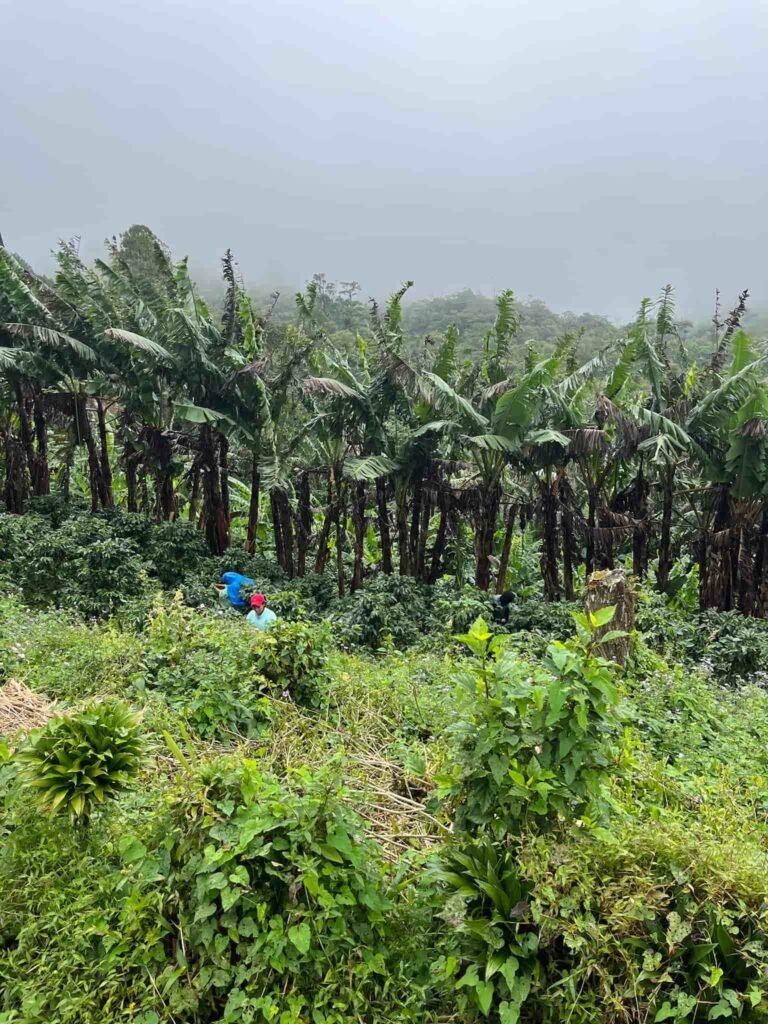
Conclusion: Is Panama Safe to Live?
Despite experiencing moderate crime rates, Panama is one of the safest places to live in Central America. Nine out of ten expats report that they feel safe and secure there thanks to a stable political and economic situation, the government’s public safety initiatives, and volunteer and community groups. So, is Panama safe to live in? Our vote is yes! Which way are you leaning?

Get Started Today!
How to Move Abroad
A Workbook to help you make the right choices
Use our easy to follow roadmap to help you find the perfect location to start your new life.
Hello and Welcome!

We started our family travel blog in hopes of supporting other families move abroad and travel the world. Through straightforward, sincere and supportive information we hope to provide a reliable guide for those moving overseas with a family and traveling the globe.
